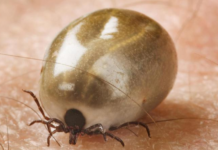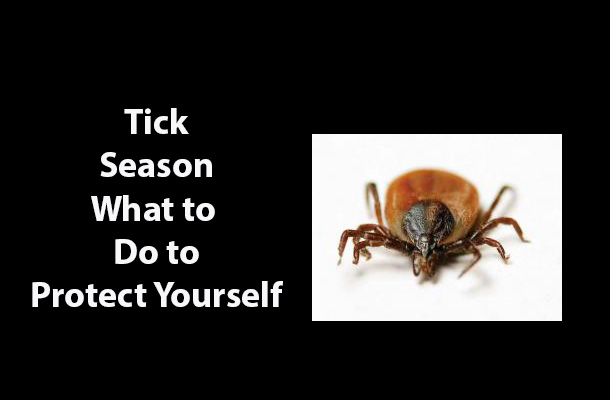Southold and Mattiuck are in the grips of a tick infestation and people all over each town are worried about tick-borne diseases and illnesses. The result is that last Monday, it was revealed some people in these areas are actually choosing to not venture into the great outdoors. Christopher Halajian emphasizes with the fear of these illnesses but hopes it will not stop people from spending the summer enjoying themselves.
The Problem with the Tick Infestation
One of the things that came out of recent local elections was that people were looking for candidates that could promise to do something about these problems. Indeed, the police have found that people are now more interested in ridding their estate of ticks than what they are about drunk driving along certain routes. This is perhaps also because so many people are no longer venturing outside.
Indeed, some residents have come forward saying that walking from their front door to their car would result in bites. A working group has been set up in both Mattituck and Southold to deal with it, as residents no longer allow their children to play out or to do any yard work. Indeed, it is a true public health issue and must be addressed.
The problem seems to be the “lone star tick”, which is a tick that features a white spot. It can carry various illnesses and cause alpha-gal, which is a meat allergy. The tick problem is nothing new, but it has now reached huge proportions. Alpha-gel cases have been rising significantly, with 450 new cases since 2010 alone. People with the illness can no longer tolerate any non-primate mammal meats. The new cases are as young as three and as old as 90, which shows it is indiscriminate. Unfortunately, there are no warning signs for alpha-gel either. It appears suddenly, often a few hours after eating a piece of meat. They then experience nausea, vomiting, and severe abdominal pain.
Meanwhile, cases of Lyme disease are dropping, which are caused by deer and black-legged ticks. However, cases of anaplasmosis, babesiosis, and ehrlichiosis are rising. What this means is likely that the tick population is changing. Not just that, it is spreading outside of Southold and Mattituck as well.
Unfortunately, no tick extermination methods exist. Pesticides are good but must be applied by homeowners themselves. They are also bad for the environment and can be harmful to children and pets. It seems impossible, therefore, to control the tick population. Residents, meanwhile, believe that the population of deer has something to do with it, because they are taking out the understory in the forest, providing an ideal habitat for ticks. The woods, meanwhile, are almost off limits for the local population.
Whether or not a solution will be found is unclear. Some believe climate change is also playing a role. Unfortunately, it seems that the area will simply have to continue to suffer, although residents are urged to take their own extermination methods so they can continue to enjoy their own yards and gardens.




